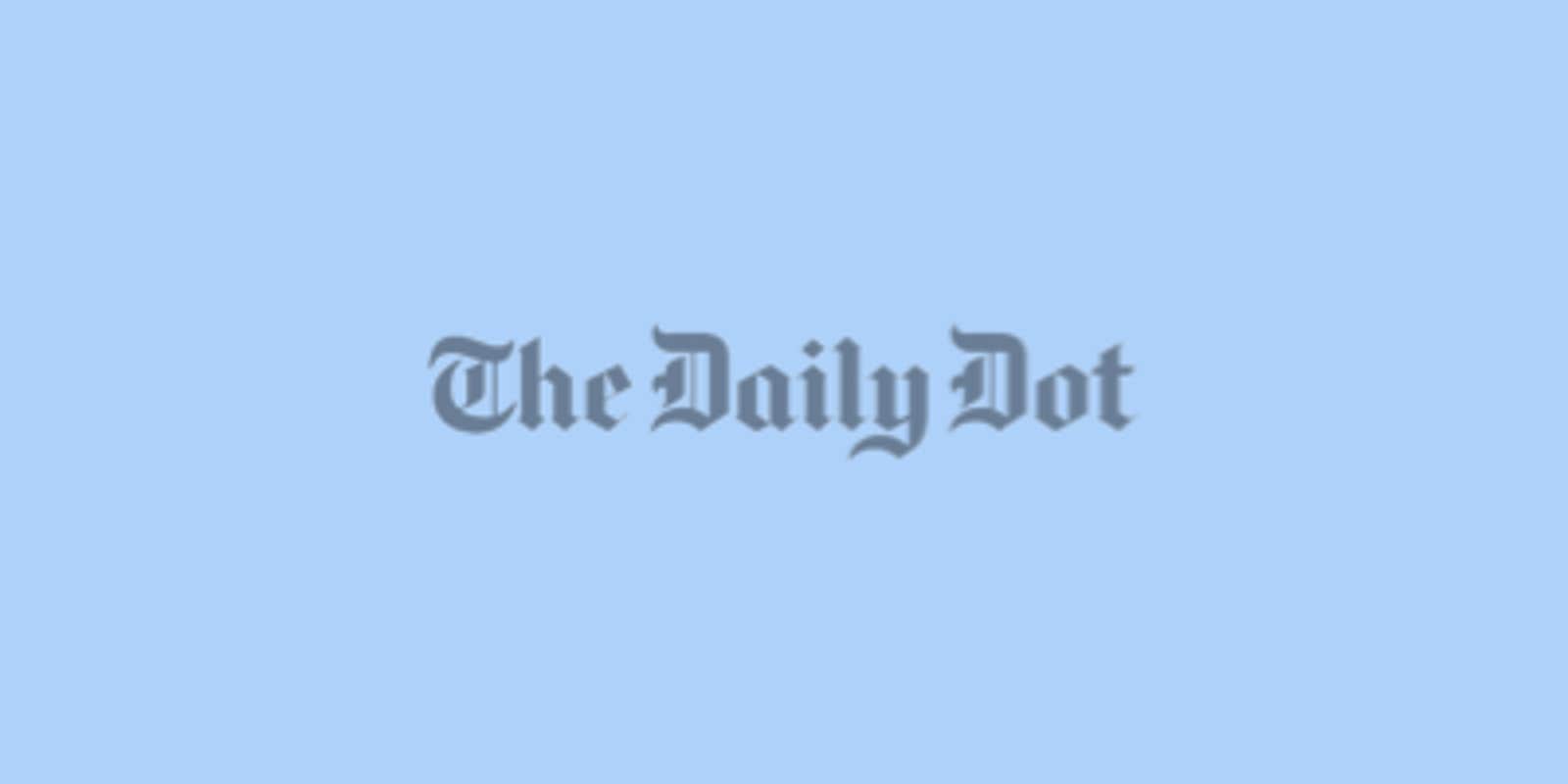Since the coup attempt on July 15, Turkey’s president, Recep Tayyip Erdoğan, has been giving many interviews to international media, trying to defend what the observers named the #TurkeyPurge—the unprecedented scale of mass dismissals and detentions of state employees from all branches of the government.
According to Amnesty Inernational, more than 15,000 people are being detained, including not only army personnel suspected of taking part in the coup but also jurists and journalists. Some are allegedly ill-treated and tortured—which the government denies.
Turkey’s crackdown by the numbers: Stats on brutal backlash after failed coup https://t.co/7OvoDJxuna #TurkeyPurge pic.twitter.com/AEP1NYTsRK
— Amnesty International (@amnesty) July 26, 2016
Yet, under the three-month state of emergency, Turkish government is authorized to issue decrees by the power of law, which means they are “without control mechanisms.” For example, the government closed down 1,043 private schools, 1,229 charities, 35 hospitals, 19 trade unions and 15 universities in its very first decree. In the two weeks that followed, more than 21,000 private school teachers have been suspended, a further 21,000 public education employees and more than 9,000 police officers have been fired, and 2,167 judges and prosecutors are jailed. The total number of state employees being fired, suspended or detained has reached about 70,000.
“In this country the judges answer to the laws and the Italian Constitution, not to the Turkish president. It’s called ‘rule of law.’”
The most significant blow, however, is on the country’s already oppressed media. Only a day after the coup attempt, 18 online media outlets were banned by a government order. With the additional state of emergency powers, 131 media outlets are now shut down in another decree, including three news agencies, 16 TV channels, 23 radio stations, 15 magazines, 45 newspapers, and 29 publishing houses. Furthermore, arrest warrants were issued on 108 journalists, and 30 are already imprisoned as part of the coup attempt investigation.
New figures show the extent of Turkey’s shutdown of opposition media outlets – one of history’s largest #TurkeyPurge pic.twitter.com/67ZJz0XdgS
— D8 News (@D8News) July 27, 2016
Despite all of this, Turkey’s president seems to be troubled most by the international journalists’ questions—now that they have been given a chance to ask and that he has to answer. Responding to Italian RAI TV reporter’s question about the money laundering investigation of his son, Bilal Erdoğan, President Erdoğan responded that Italian judges should be dealing with the mafia, and not with his son. Back at home, he further stated that if his son is arrested in Italy, it could “cause problems” for Turkey’s relationships with Italy.
Bilal Erdoğan has been studying in Italy since 2015, but in February he fled the country claiming “security reasons” after authorities launched a money laundering probe against him. The news of this Italian investigation is now being censored in Turkey, including URL addresses from international press such as Britain’s the Independent and the BBC, and Turkish independent media outlets such as Diken and GazetePort.
Just a Erdoğan’s need for social media during the coup attempt does not mean that he advocates such freedoms for all, his current need to explain the massive purge to a global audience does not mean he wants press freedoms and judicial independence in his country.
Regardless of his heavy hand in his own country, Erdoğan’s reach apparently falls short beyond the Turkish borders, as his counterpart, Italian Prime Minister Matteo Renzi, responded firmly to Erdoğan’s for immunity for his son. “In this country the judges answer to the laws and the Italian Constitution,” Renzi said, “not to the Turkish president. It’s called ‘rule of law.’”
In questo Paese i giudici rispondono alle leggi e alla Costituzione italiana, non al presidente turco. Si chiama “stato di diritto” #Italia
— Matteo Renzi (@matteorenzi) August 2, 2016


